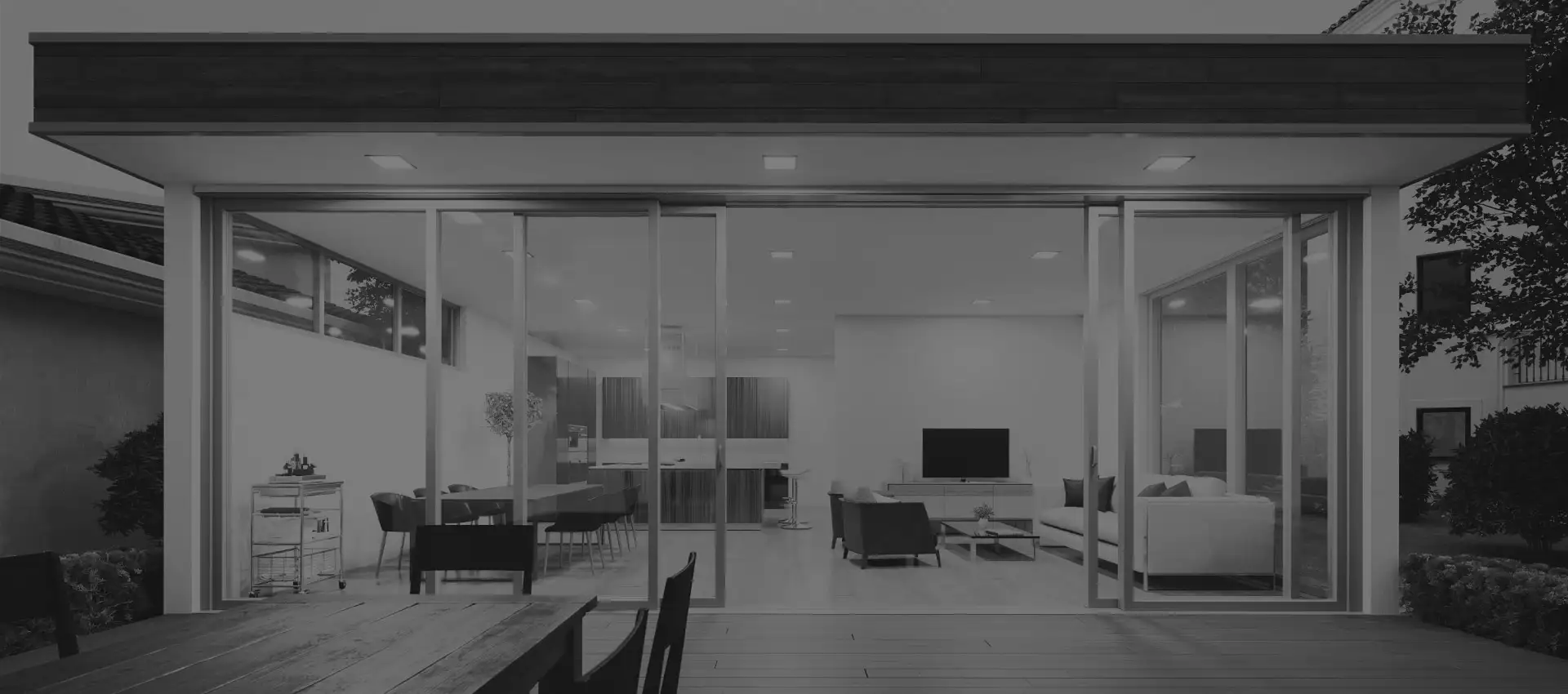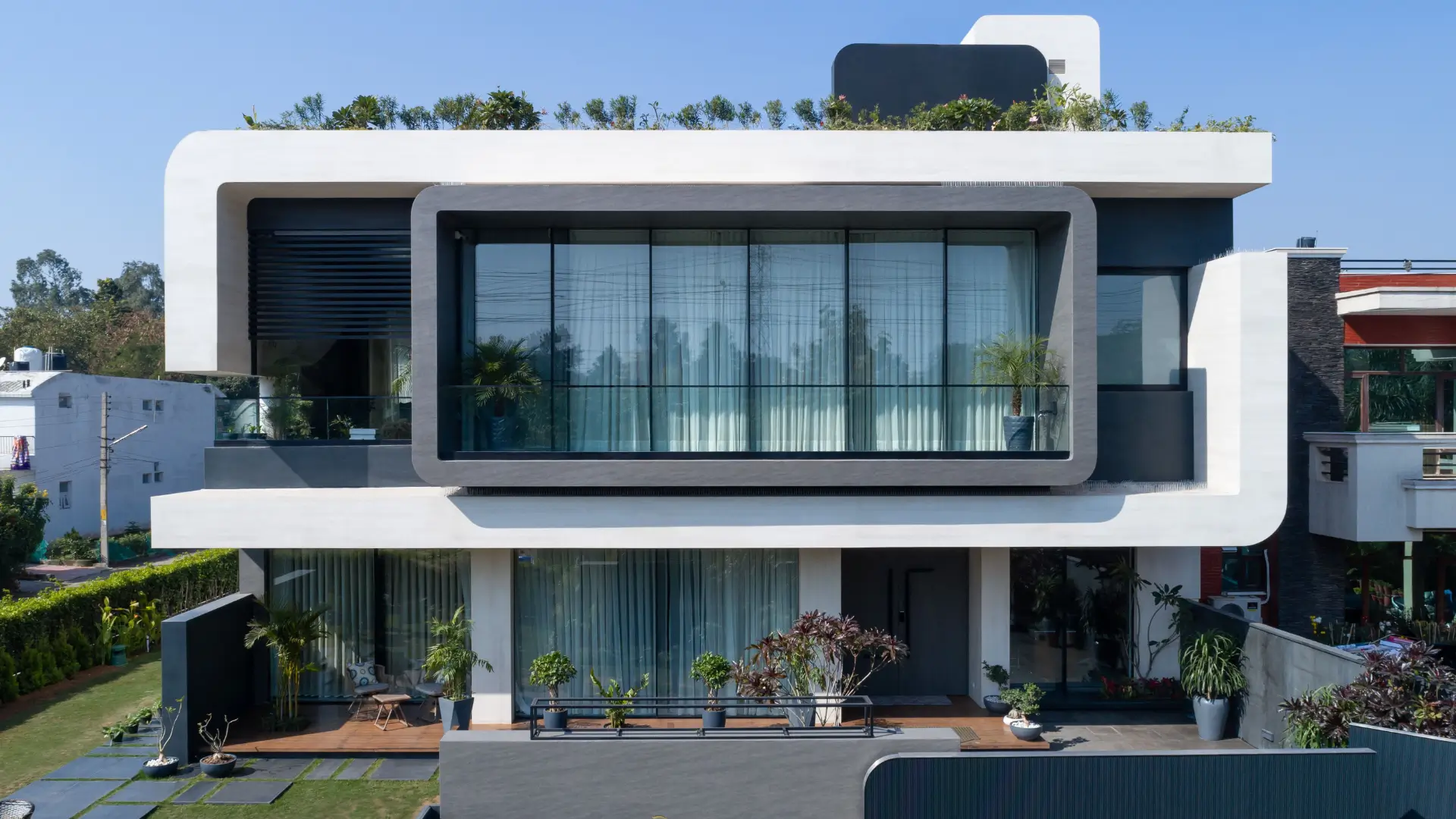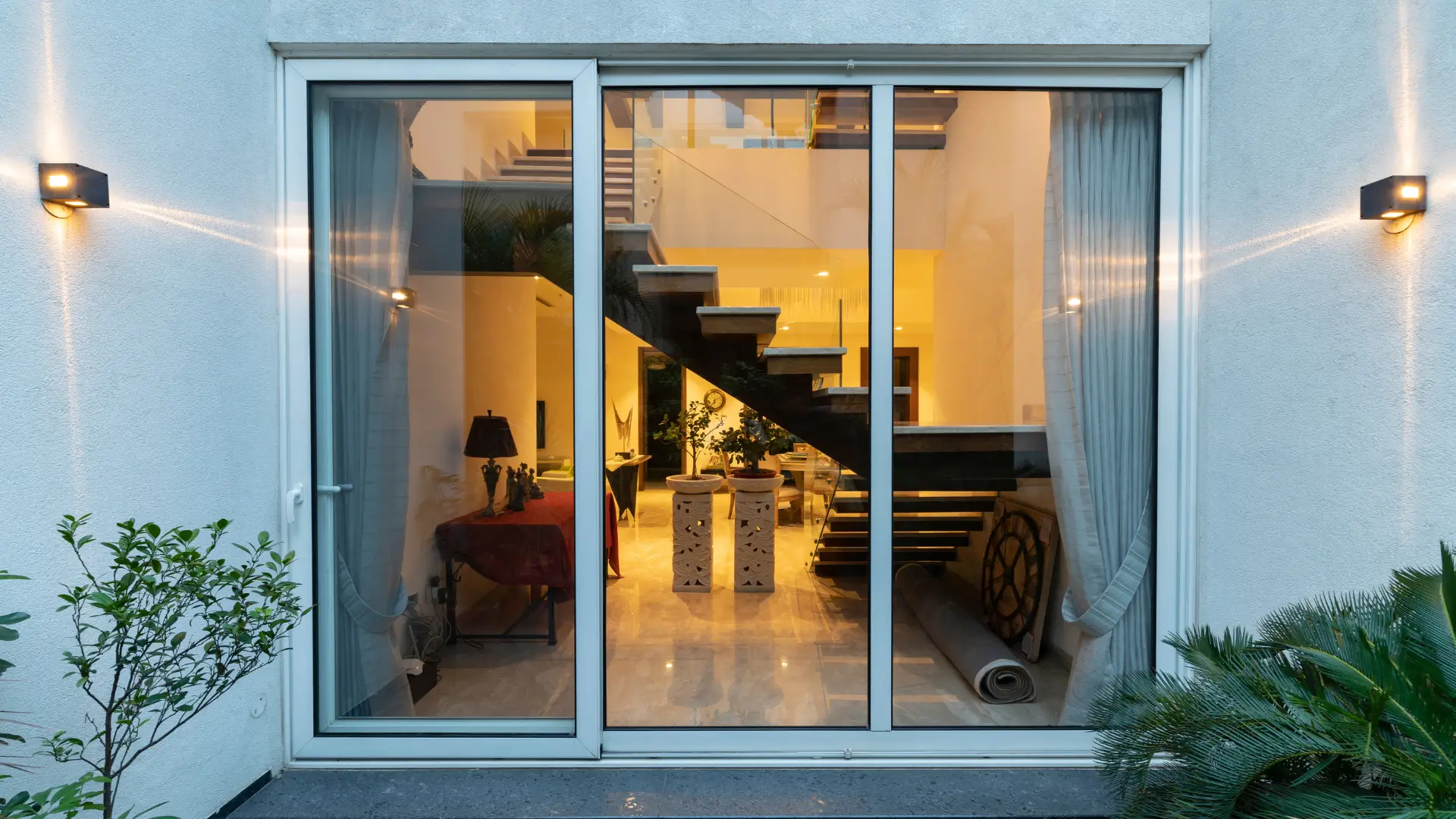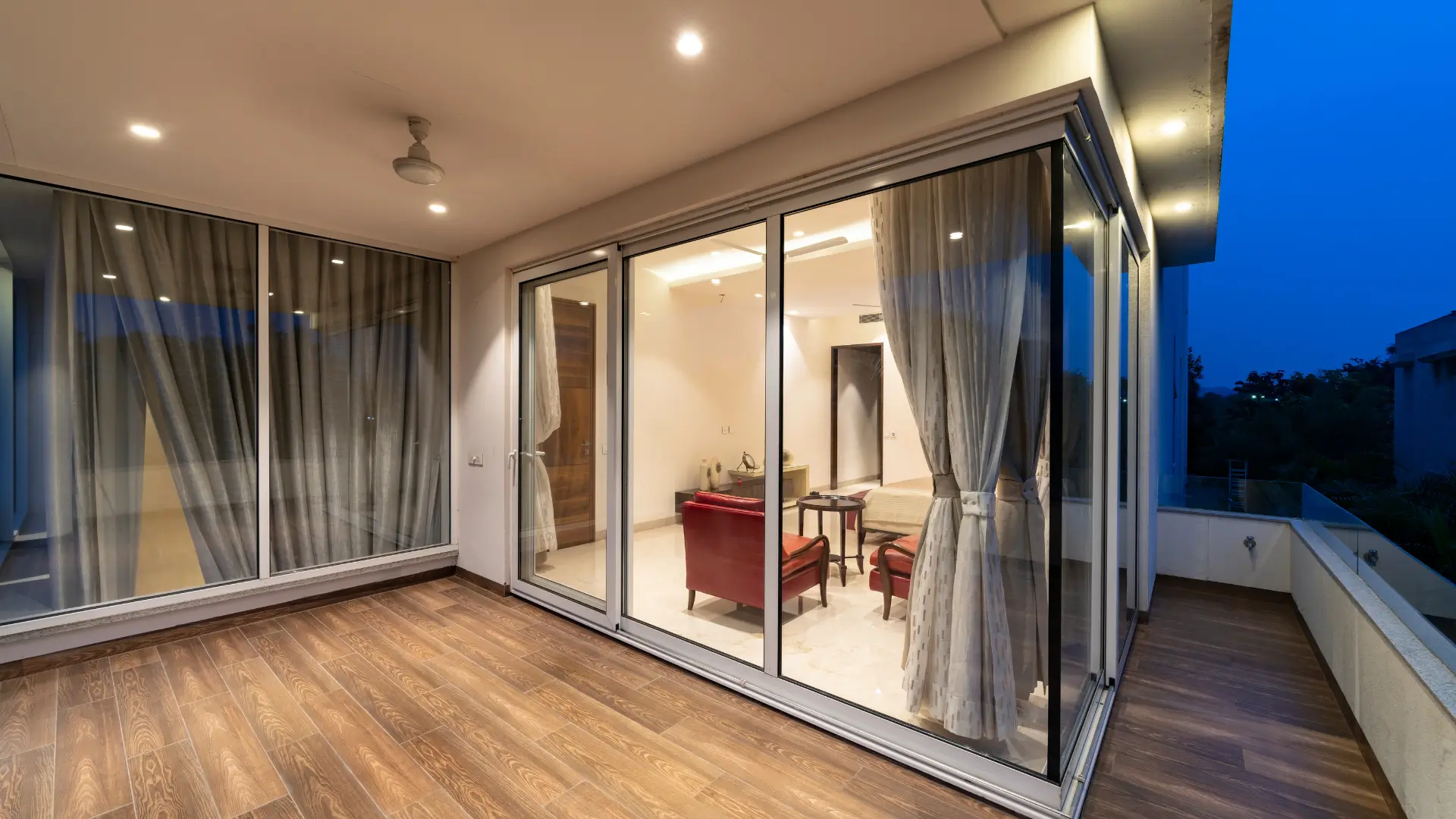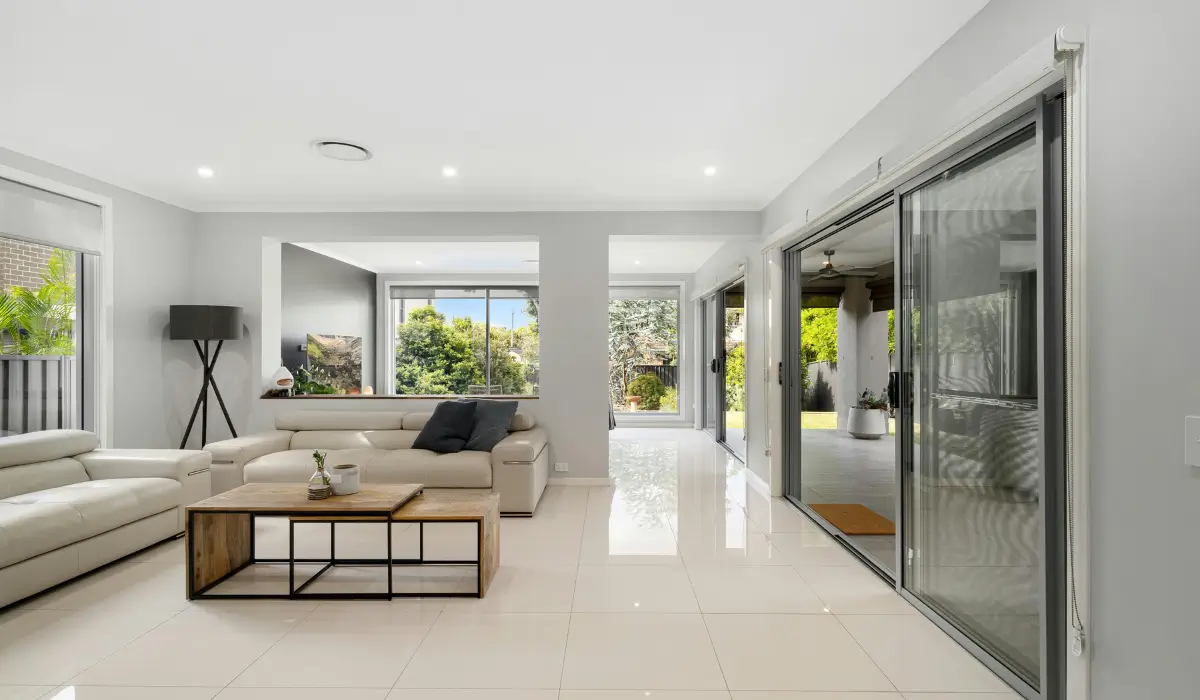
The Psychology of Security: Impact of Doors & Windows
We often think of alarm systems, surveillance cameras, and advanced technology for creating secure environments. However, in the process, we tend to overlook the impact of doors and windows on our perceptions of safety. This blog explores how aluminium doors and windows influence our perceptions of safety and provide insights into creating a secure and comforting environment.
The Power of Perception
Perception is a powerful psychological force that shapes our thoughts, feelings, and behaviour. Our perceptions are heavily influenced by the physical characteristics of our surroundings that determine the feeling of security. Therefore, doors and windows, our homes’ primary entry and exit points, are crucial design decisions.
Sense of Control
Our sense of control is profoundly influenced by strength – something which aluminium doors and windows offer. Sturdy glass sliding doors can give us a sense of empowerment and control over our environment. Flimsy or poorly maintained doors and windows can evoke vulnerability and helplessness. Reinforcing these entry points with high-quality materials and reliable locks can enhance our sense of control.
Visibility and Transparency
The visibility provided by aluminium doors and windows is crucial in shaping our sense of security. It instils openness and reassurance when we have a clear view of the interiors and exterior.
A large aluminium window that allows abundant natural light enhances the aesthetic appeal and fosters a stronger connection with the surroundings. However, maintaining a balance between transparency and privacy is essential to ensure security. Introducing appropriate technological interventions can transform a transparent aluminium window into an opaque one when needed.
Design and Deterrence
The design of aluminium doors and windows can also influence our perceptions of safety. For example, the presence of sturdy, well-maintained glass sliding doors and casement windows can act as a deterrent to potential intruders. They are more likely to be discouraged from attempting a break-in if they perceive the structure to be secure and protected.
Additionally, glass sliding doors and sliding aluminium windows with visible security measures, such as reinforced frames, security bars, or double glazing, can convey that the property is well-guarded. This perception of enhanced security can significantly reduce the likelihood of unauthorised access.
Psychological Comfort
Aluminium doors and windows not only contribute to physical security but also have a significant impact on our psychological comfort. Natural light, ventilation, and outdoor connection contribute to our overall well-being. Research has shown that exposure to natural light can improve mood, increase productivity, and reduce stress levels. Similarly, opening sliding aluminium windows for fresh air can create a sense of freedom and relaxation. By prioritising the design and functionality of a glass sliding door and aluminium window, we can create spaces that promote both security and psychological comfort.
Maintenance and Regular Upkeep
The importance of regular maintenance and upkeep cannot be overstated. Neglected aluminium doors and windows compromise security and impact our psychological well-being. We can maintain a secure and reassuring environment by promptly addressing maintenance issues and ensuring that aluminium doors and windows work well.
The psychology of security goes beyond advanced technology and surveillance systems. Aluminium doors and windows, the gateways to our homes and buildings, are crucial in shaping our perceptions of safety. From providing a sense of control and transparency to acting as a deterrent and promoting psychological comfort, these essential elements influence our feelings of security.
